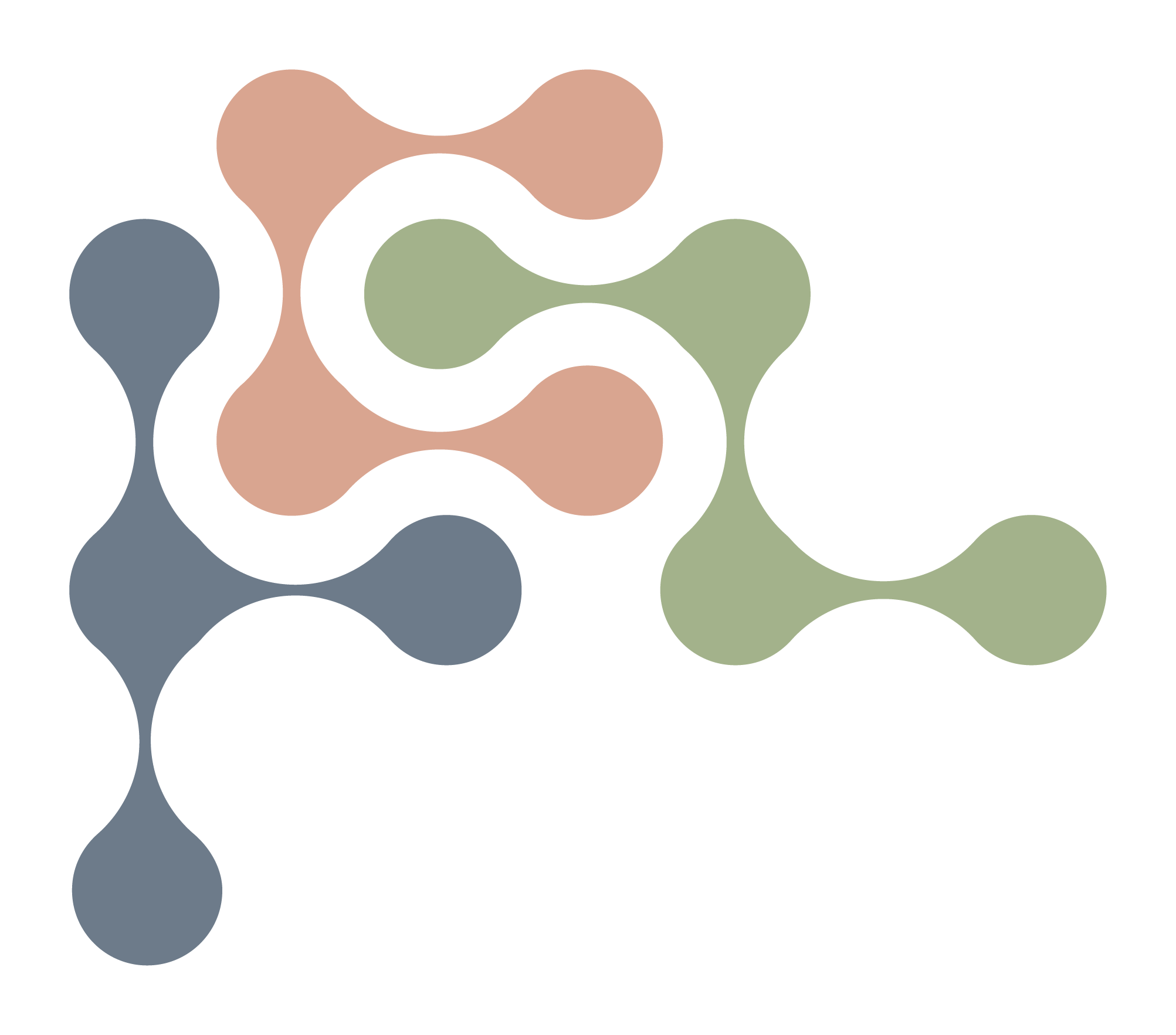Contact Zones in Practice
A Training Model for Cultural Democracy, Dialogue, and Structural Change
📅 2–3 December 2025
📍 Goethe-Institut Bucharest, Calea Dorobanți 32
Purpose of the conference
Across Europe, societies are facing major challenges: increasing political polarisation, shrinking civic and cultural spaces, and growing distrust in democratic processes. In this context, cultural and heritage work—carried out by institutions, educators, artists, cultural practitioners, and policymakers—plays a vital role in shaping shared and liveable realities.
“Contact Zones in Practice” – A Training Model for Cultural Democracy, Dialogue, and Structural Change will explore the following key question: How can we create spaces that foster reflection, dialogue, and collective agency, even in the face of conflicting perspectives or contested histories?
The Contact Zone Approach
The conference introduces the Contact Zone as a framework for navigating these complexities. A Contact Zone is any physical, social, or symbolic space where people with different experiences, identities, and worldviews come together. Such encounters can be difficult, but they open the door to mutual understanding, shared agency, and collective sense-making/ meaning-making.
The Training for the Contact Zone project brings together partners from seven different European countries and different institutional profiles to create a practical curriculum that equips cultural practitioners with tools for dialogue and mediation in complex situations. The proposed methods promote inclusive participation and encourage communities and institutions to engage with differences in meaningful ways.
What to Expect
During the conference participants will:
- Reflect on the rise of polarisation and anti-democratic shifts across Europe and their relationship with culture and heritage.
- Explore the TCZ curriculum as a tested framework for inclusive and participatory practices.
- Discuss how TCZ tools can strengthen cultural democracy, civic engagement in local realities and intercultural exchange.
- Consider how methodologies developed in the TCZ can inform cultural policies and contribute to structural changes.
Why this Conference Matters
More than a metaphor, the Contact Zone challenges us to rethink how we engage with difference, heritage, and power structures. By equipping practitioners and institutions with critical, creative, and participatory tools, the TCZ project contributes to a more inclusive and responsive cultural governance.
This conference serves as both a moment of reflection and a point of departure.
- It shares insights from a year of cross-border collaboration in which the TCZ approach was developed, tested, and refined.
- It opens new space for dialogue, connecting experience with advocacy to shape future policies and practices.
Who Should Attend?
This event invites practitioners, policymakers, artists and mediators, cultural workers to explore how arts, culture, and heritage spaces can function as Contact Zones: not as places where differences are erased, but as spaces where they are acknowledged, engaged and transformed into something shared.
Conference Programme
VIew the Conference Programme here
Please note that updates may occur until the start of the event, so we recommend checking the program periodically for the latest version.
Registration
Participation in the conference is free of charge and open to all interested professionals working in the fields of arts, culture, education, heritage, and community engagement.
Spaces are limited, so we encourage early registration to ensure your participation.
For updates and further information, please follow:
This event aims to build a shared language and momentum towards the June 2026 TCZ event in Brussels, where insights from the project will be presented as part of a policy proposal for democratic, inclusive cultural governance in Europe. The Bucharest gathering is a key step in shaping that vision, by surfacing concrete tools, lived experience, and collective reflection that can guide policymaking rooted in practice.
For more questions please contact:
Cristina Zanfirescu at cristina.zanfirescu@protonmail.com

